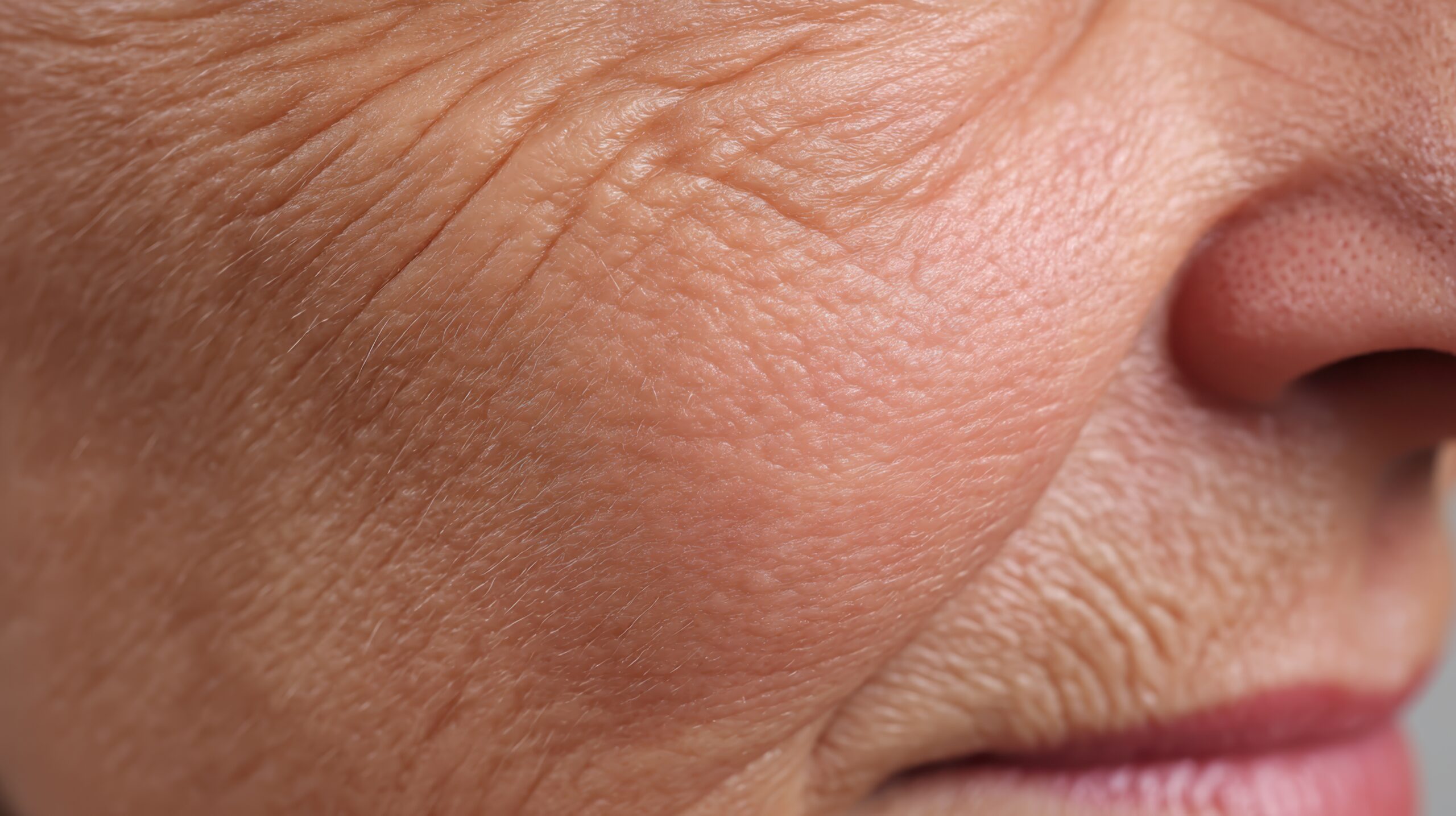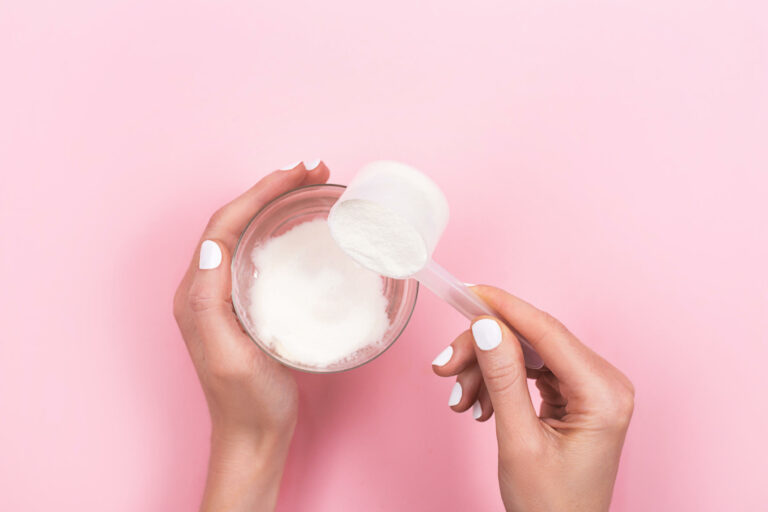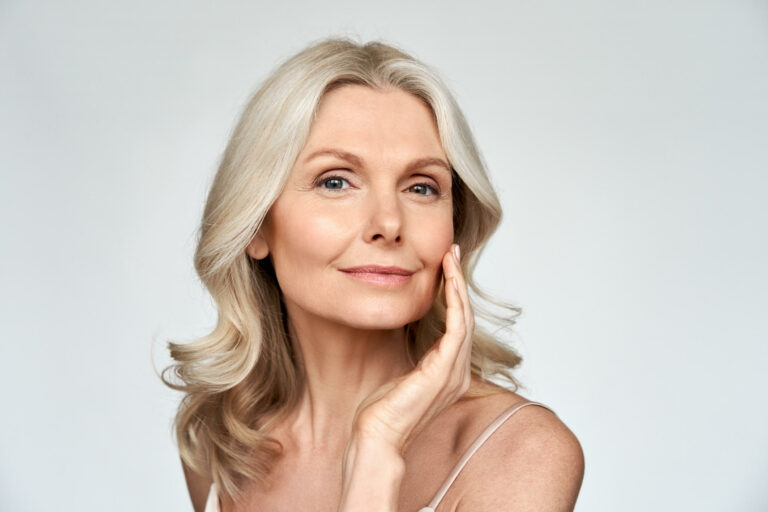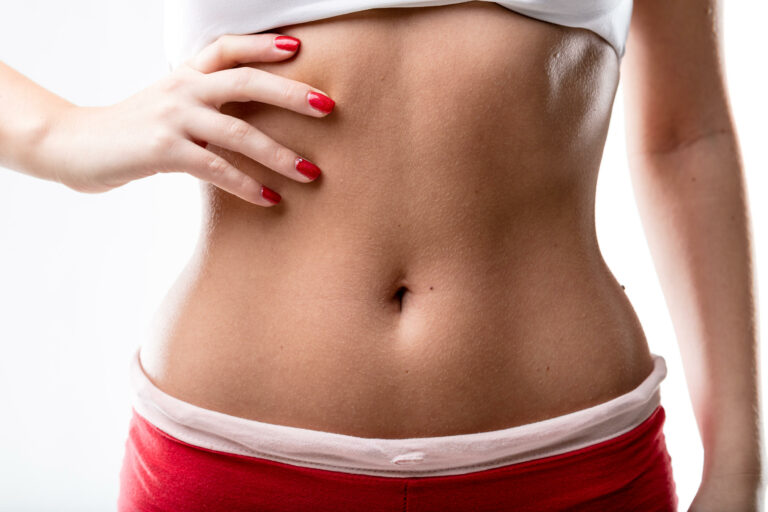Why does collagen production start to decline after 30 and what to do about it
Collagen is a protein that forms the fundamental building block of our skin, hair, nails, and joints. Thanks to it, the skin remains elastic, firm, and youthful. However, around the age of 30, something starts to happen that we often notice when looking in the mirror – collagen production decreases. Why does this happen and what can you do about it?
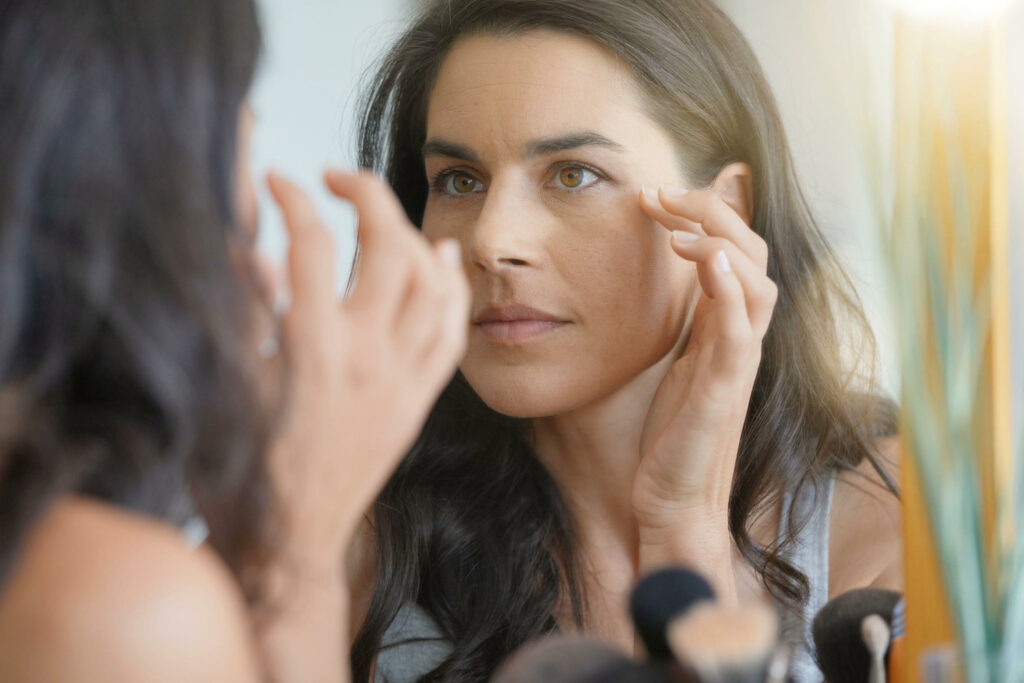
Why does collagen decline after 30?
Around the age of thirty, our body naturally begins to change. While in youth we produce collagen effortlessly on our own, after the age of 25 its production gradually decreases – and after 30 the decline becomes more noticeable.
Main reasons:
- Natural aging: the cells responsible for collagen production work more slowly.
- Lifestyle: smoking, frequent sun exposure, stress, or lack of sleep accelerate the process.
- Lack of nutrients: amino acids and vitamin C are essential for collagen production.
- Oxidative stress: free radicals damage collagen fibers.
As a result, the skin gradually loses its elasticity, the first wrinkles appear, and the complexion looks tired.
Signs of collagen deficiency
Do you want to know if your body is lacking collagen? Typical signs include:
- fine wrinkles and sagging skin,
- dry skin,
- weaker and brittle hair,
- splitting nails,
- joint pain or slower recovery after sports.
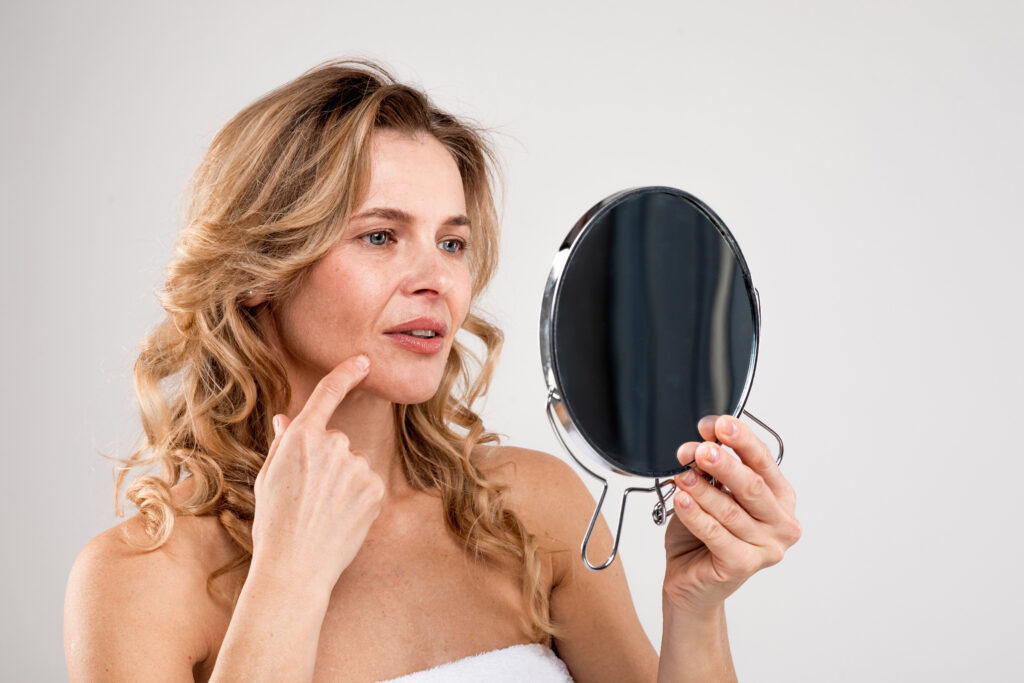
How to support collagen production
The good news is that you don’t have to just passively watch the loss of collagen. There are several ways you can support its production and thus improve the appearance of your skin.
1. A diet rich in protein and vitamin C
Collagen is formed from amino acids (glycine, proline, hydroxyproline), which you mainly obtain from proteins. Vitamin C plays an important role, as without it the body cannot synthesize collagen at all.
- Include in your diet: lean meat, fish, eggs, citrus fruits, peppers, broccoli.
2. Collagen supplements after 30
If you want to be sure your body gets enough building blocks, reach for collagen supplements. The best collagen after the age of 30 is hydrolyzed collagen, which is well absorbed.
- Popular forms of collagen include: collagen powder, liquid collagen in ampoules, collagen capsules.
3. Vitamin C and collagen
If you take collagen, don’t forget to combine it with vitamin C. Without it, the body cannot make the most of collagen from supplements. For example, tropical Camu Camu fruit, originating from the Amazon, is an excellent plant-based source of vitamin C.
4. Aesthetic procedures
If you want a more intense effect, you can also choose procedures that stimulate collagen production directly in the skin:
- microneedling,
- laser treatment,
- radiofrequency.
5. Lifestyle
Don’t underestimate the impact of lifestyle on the collagen levels in your body. Try to reduce smoking, protect your skin from UV radiation, get enough sleep, and enjoy regular exercise.
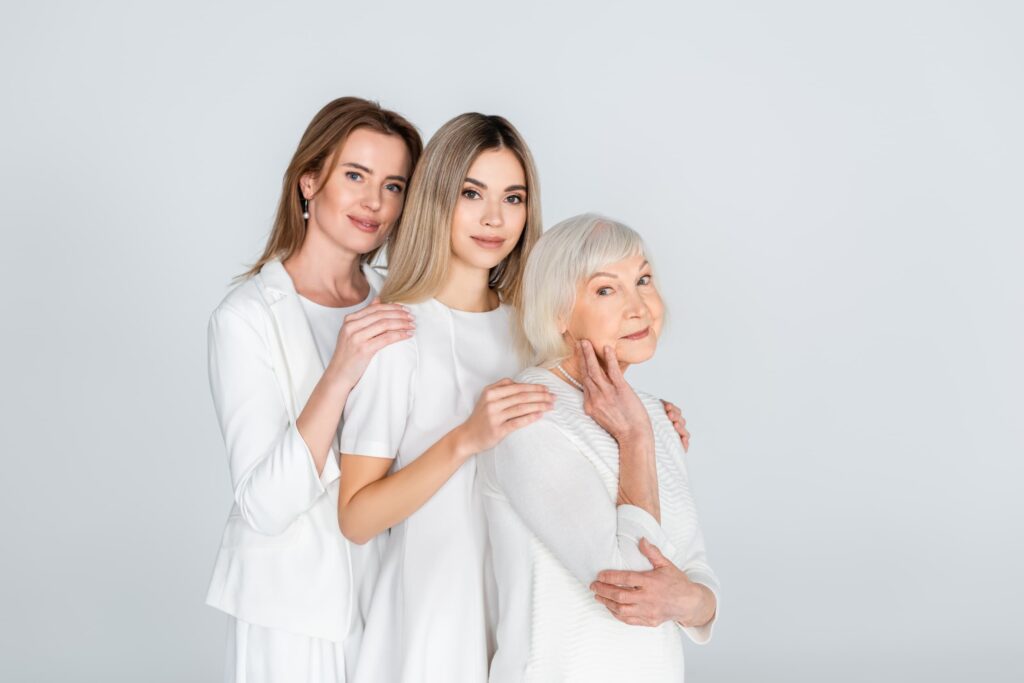
Collagen and skin aging
Collagen is closely linked to skin aging. When there is enough of it, the skin is firm and radiant. When it is lacking, wrinkles form, volume is lost, and the skin looks saggy. That’s why it’s important to start replenishing collagen in time, before these signs appear. And not only through cosmetics, but mainly from within.
Collagen serum vs supplements
You may have wondered whether it’s enough to just use a collagen serum. Unfortunately, the collagen molecule is too large to penetrate into the deeper layers of the skin. A serum can hydrate the skin and give it a more supple look, but for a real effect collagen needs to be supplemented from within.
When should you start taking collagen?
Many women wait until the first wrinkles appear, but the truth is that it’s best to start taking collagen around the age of 25–30. At that time, the body still produces it, but already less than before. Early prevention helps you delay the visible signs of aging.
Summary: what to do when collagen declines after 30?
- Include quality proteins and vitamin C in your diet.
- Avoid habits that destroy collagen (smoking, sun exposure without protection).
- Support your body with quality collagen supplements.
- Combine collagen with vitamin C for better absorption.
- If you want a more intense effect, consider aesthetic procedures.
A low level of collagen after 30 is nothing to be afraid of – on the contrary, if you take care of it and replenish it regularly, you can significantly support the beauty and vitality of your skin.
👉 Final tip: At www.divique.com you will find collagen supplements specially developed for women who want to support their beauty and health in a natural way.
